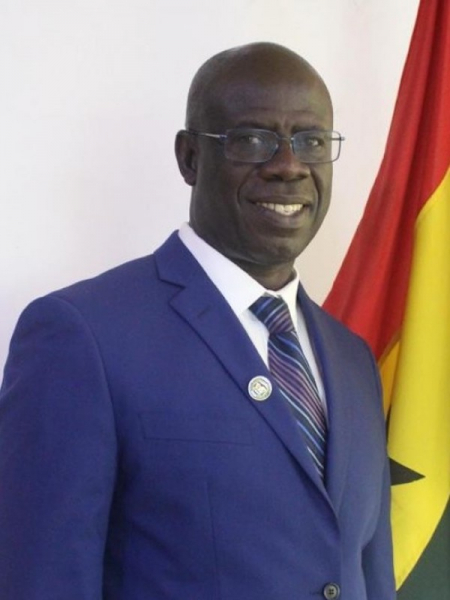…as sector constitutes only 3% of private pension assets
Although most working Ghanaians can be found in the informal sector, only a few of them are on any form of retirement plan – moving the National Pensions Regulatory Authority to find innovative ways, including using the mobile money platform, to rope-in many more.
According to the NPRA’s 2019 report, of the total GH¢17.3billion private pensions assets, only three percent is accounted for by the informal sector – a statistic industry players say does not portend well for the country, given that about 80 percent of the entire workforce is employed in the informal sector.
It is against this background that the NPRA wants to leverage use of the mobile money platform to court the interest of the informal sector to subscribe to pension schemes; thereby improving the fortunes of those in the sector during retirement.
“The Board believes that the 3-Tier Pension Scheme can accommodate some innovation in developing private pension products, including leveraging on the mobile money platform to make pensions accessible, relevant and rewarding for the informal sector worker. Having secured pensions coverage for workers in the formal sector, the Authority is now focused on the informal sector whose coverage is very low,” said NPRA’s Chief Executive Officer, Hayford Atta Krufi.
The Authority, having overseen the drastic growth of private pension funds under tier-two of the new three-tier pension system from zero in 2010 to 1.75 million contributors and 69,911 employers at the close of 2019, says it is now shifting its focus to informal sector workers.
The NPRA further noted that the process of establishing specialised schemes for cocoa farmers, fishermen and other informal sector groups has been enhanced by engagements with the Ghana Cocoa Board, government’s Economic Management Team and the Ministry of Finance having already taken place.
Speaking at the Authority’s 10th anniversary dinner and awards night in Accra, Mr. Krufi reiterated that the NPRA, together with government, is leaving no stone unturned in the quest to ensure a better retirement life for workers in the informal sector.
“The issue of pensions has been of much interest to government and the people of this country. Government is therefore working on encouraging people in the informal sector to join pension schemes,” he said.
He further cited the National Cocoa Farmers Pension Scheme’s recent launch as an excellent example of government’s commitment to ensuring more extensive pension coverage in the informal sector.
He also cited collaboration with the World Bank under the Bank’s ‘First Initiative Project’, which seeks to deliver an actionable informal sector pensions coverage strategy to guide the Authority and its stakeholders in unlocking the informal sector.
Part of that strategy, he explains, is to also look into the viability of a universal switch for the pensions industry in Ghana that would allow interaction with all participants with different contribution collection channels.
“Leveraging pensions contribution collection this way would be critical to opening up the informal sector for participation in the 3-Tier Pension Scheme. Phase-one of the project has successfully ended, and the Authority is now discussing practical ways it can be adopted to reach the ultimate goal of universal pensions coverage for the informal sector.
“The Authority explored other strategies – including collaboration with government and other financial sector regulators – to aggressively promote informal sector coverage as part of the larger national policy on financial inclusion. This sets a basis for the Authority to develop a micro-pension policy that will serve as a guide for the Industry and interested parties to ensure the inclusion of informal sector,” a portion of the CEO’s 2019 report further read.










